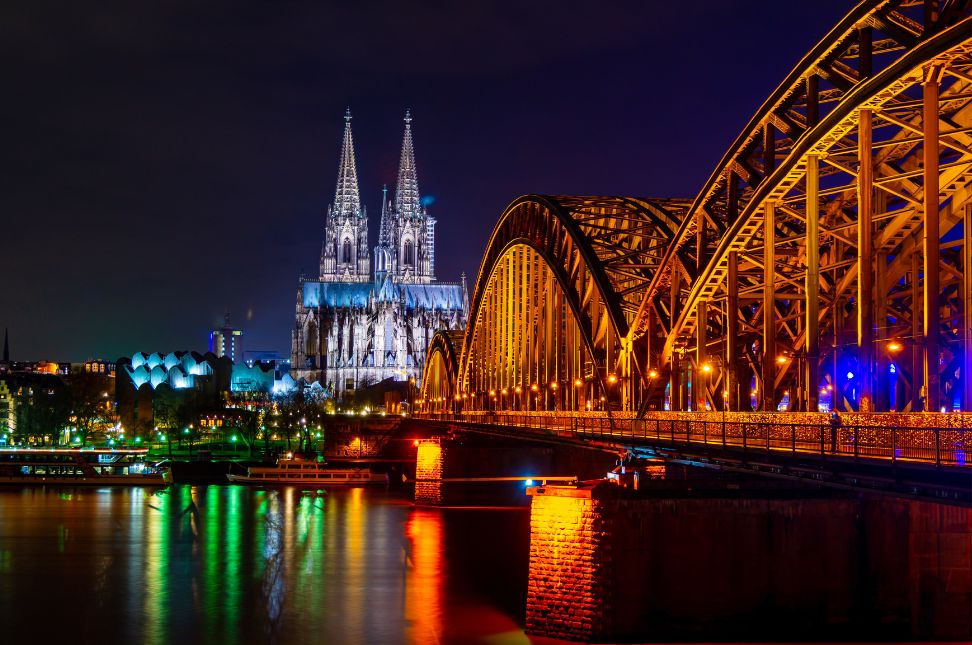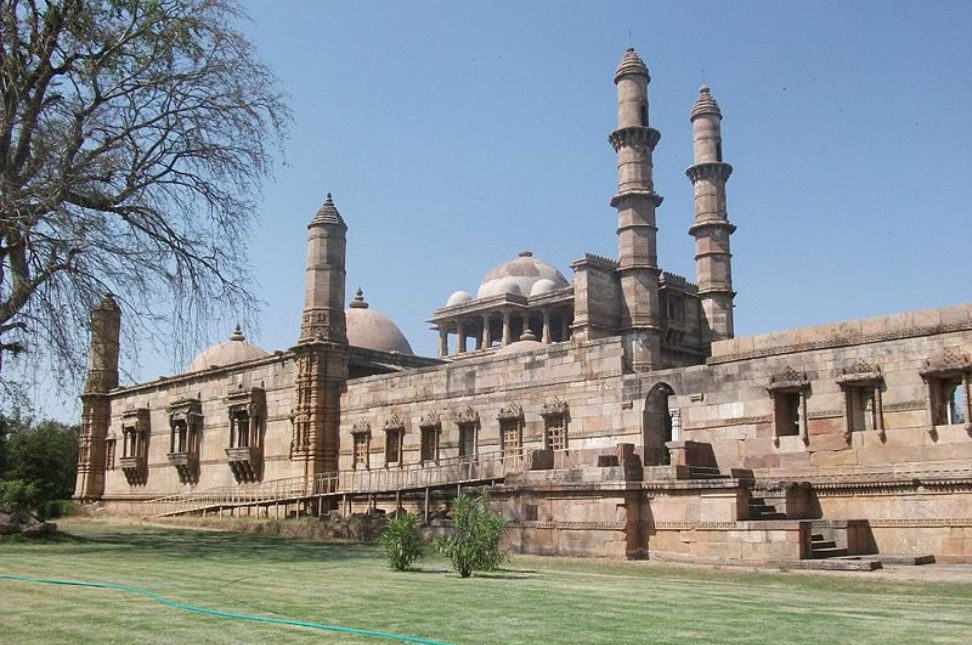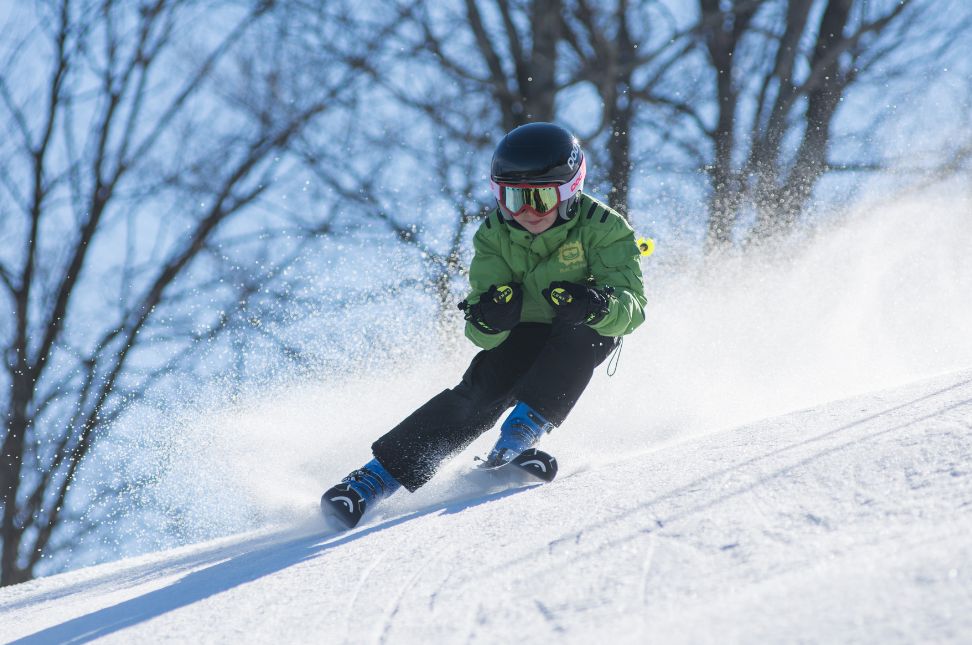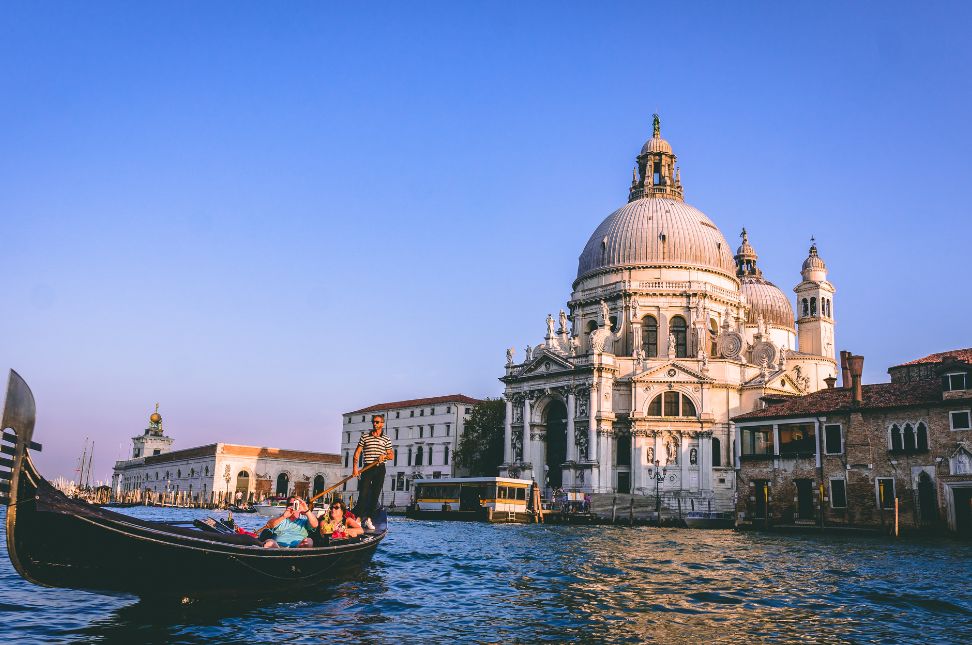Winter in Germany is a season of magic and tradition. From twinkling Christmas markets in historic cities to snow-covered Bavarian villages, the country offers a perfect blend of festive cheer, cultural richness, and outdoor adventure. The crisp winter air brings warmth in the form of cozy cafés, hearty cuisine, and centuries-old customs that travelers cherish.
Berlin – A City of Lights and Culture
In Winter in Germany, Berlin takes on a sparkling personality. The city’s famous Christmas markets, such as Gendarmenmarkt and Alexanderplatz, offer handcrafted gifts, mulled wine, and festive treats. Ice skating rinks appear across the city, while historic landmarks like the Brandenburg Gate and Berlin Cathedral are illuminated by soft winter light. Museums and galleries provide a warm retreat from the cold, allowing visitors to explore German history, art, and contemporary culture without the summer crowds.
Berlin’s street food scene also comes alive in winter. Savor Bratwurst, roasted chestnuts, and freshly baked pretzels from market stalls. The aroma mingling with the city’s festive atmosphere makes winter exploration an unforgettable sensory experience.
Munich – Bavarian Charm and Festive Traditions
Munich, the capital of Bavaria, is another highlight for those experiencing Winter in Germany. The city’s Marienplatz hosts the Christkindlmarkt, where visitors can admire handcrafted ornaments, twinkling lights, and traditional wooden toys. The festive mood extends to Viktualienmarkt, with its stalls of gingerbread, mulled wine (Glühwein), and local delicacies.
For a mix of culture and winter sport, the nearby Bavarian Alps offer skiing, snowboarding, and cozy mountain chalets. Munich itself provides a warm urban experience with historic beer halls, museums, and art galleries to explore when the temperatures dip.
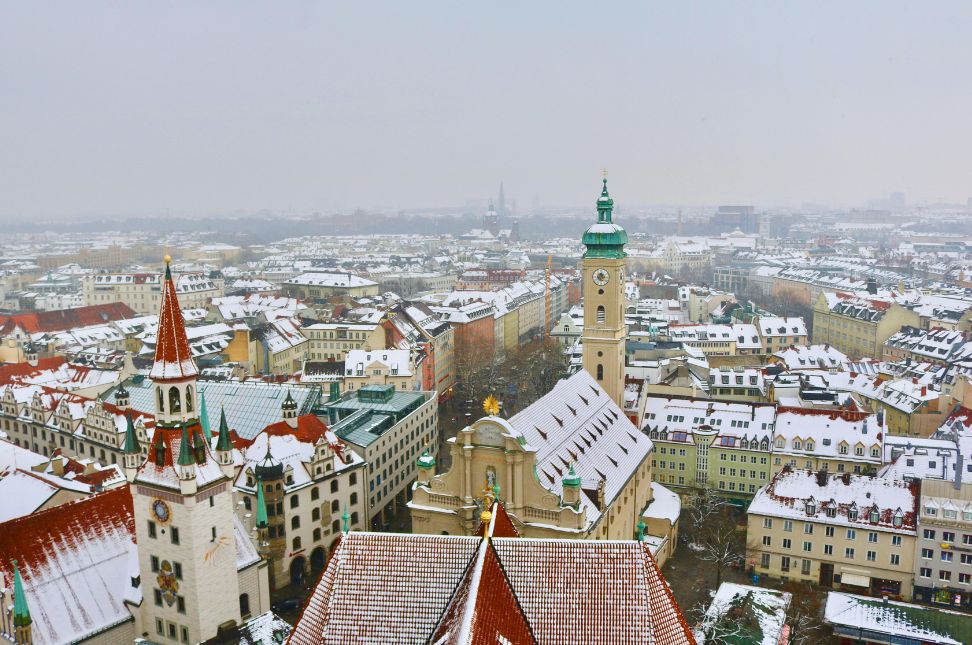
Dresden – Baroque Beauty and Historic Markets
Dresden, often called the “Florence of the Elbe,” becomes especially enchanting in winter. The Striezelmarkt, Germany’s oldest Christmas market, dates back to 1434. Stalls brim with Stollen cakes, hand-carved toys, and festive decorations. The city’s baroque architecture, covered in soft winter light, creates a postcard-perfect backdrop for this cultural celebration.
Walking along the Elbe River, travelers can enjoy quiet moments while admiring the Dresden Frauenkirche and Zwinger Palace. This combination of historic beauty and festive cheer makes Dresden one of the most charming highlights of Winter in Germany.
Bavarian Alps – Snowy Escapes and Outdoor Adventure
For nature lovers and adventure seekers, the Bavarian Alps offer a quintessential winter experience. Resorts like Garmisch-Partenkirchen, Berchtesgaden, and Oberstdorf provide skiing, snowboarding, and hiking trails. Snow-capped peaks and frozen lakes create a serene atmosphere, perfect for relaxation or adventure.
After a day on the slopes, visitors can enjoy hearty Bavarian meals — Schnitzel, Käsespätzle, and rich pastries — paired with local beers or warming mulled wine. Alpine lodges and spas offer cozy accommodations, ensuring a rejuvenating experience amid spectacular natural scenery.
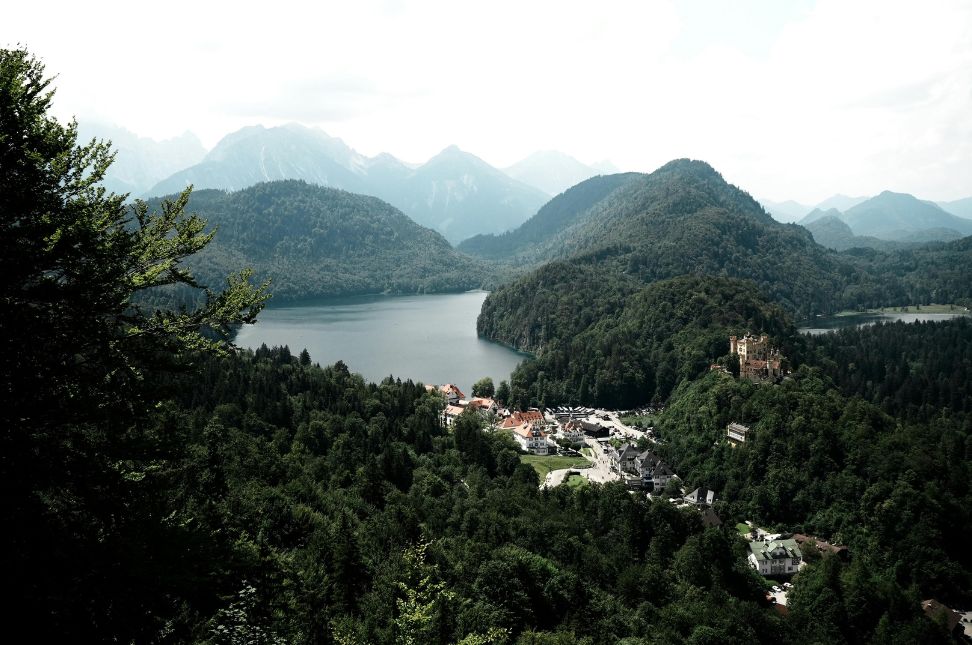
Winter Flavors and Festivities
Across Germany, winter cuisine is an essential part of the experience. Traditional foods include roasted meats, spiced cookies, marzipan, and sausages, often enjoyed with hot drinks such as Glühwein or hot chocolate. Seasonal festivals and music performances complement the culinary delights, creating a multi-sensory celebration of the season.
Final Thoughts
Whether exploring the historic streets of Berlin, admiring Dresden’s baroque splendor, or skiing in the Bavarian Alps, Winter in Germany is a season of wonder and warmth. From festive markets to snow-covered landscapes, the country offers a rich tapestry of experiences that celebrate tradition, culture, and natural beauty.
For more European winter travel guides, explore Winter in Italy: Art, Alps, and the Aroma of the Season. You can also find other inspiring travel insights at Keralam Chronicles.
External References:

